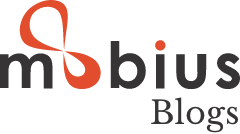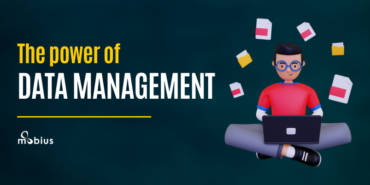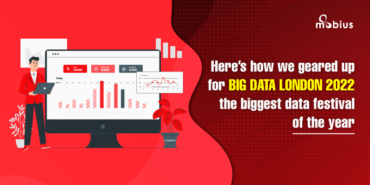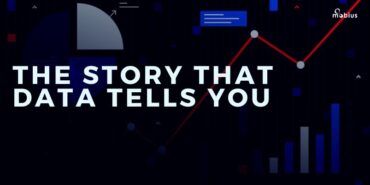Even though information can be accessed by almost everyone, knowing where to find it and how to put it to use is a key challenge. For example, verifying the credentials of a plumber or roofing contractor can be done with a few clicks on the state or county business/trade license portal if one must know who issues licenses and if there is such a portal where queries can be run.
Public information can be used to generate intelligence on local business that goes beyond the purpose such data was published for. This is where Open Data becomes truly remarkable. A new car service station starting their business in a neighborhood can trigger different signals to different people. Car service closer to doorstep for car owners, competition for existing service stations, commercial property activity for real estate watchers, neighborhood’s retail potential for retail watchers, a potential new customer for local service providers or probably a new advertising space for media planners. This information becomes intelligence when received at the right time. Since all service stations are required to file and obtain a business license for operations, monitoring a location’s business license issue activity therefore can provide such intelligence with minimal latency. Most local governments in the US maintain their own databases of business licenses issued. Moreover signals from local government business license portals can be combined with critical information of building permits data published by the same local governments to add more insight and deliver rich intelligence. At Mobius we come across many such requirements where our ability to locate, identify and extract information out there and packaging it in a way that is directly consumable has been a great value add to our clients. A real estate service provider in Illinois utilized our services to locate potential clients in guise of retailing tenants to offer advice on lease structuring. We mined county property records to identify potential commercial properties operating retail businesses and leveraged few other public data sources to identify the retailer tenants of such properties and their contact information. A payoff was that we were also able to identify forthcoming properties for lease and were able to pass such information to our client. The entire process was executed using automated web scraping, and the resultant data was made available with quick turnaround and optimal cost.
Adding value to the data already present out there requires a deep understating of the entire process of the value-chain, right from source discovery to delivery. Since there is a surfeit of information on the Internet and most of it is unstructured and in multiple formats, expertise lies in the ability to transform this cumbersome process of data acquisition into a structured delivery process. This includes knowing what information needs to be captured and from where, extracting the content out of the sources, processing the content to gain knowledge and generating insights, and gaining expertise through experience. The difference lies in ‘seeing’ what others simply ‘look’ at – the ability to spot hidden potentials and knowing how to best leverage it.
Businesses have to employ multiple options and tools to get the most out of publicly available data in order to build local business intelligence. That requires technology and technical staff that might just be out of their core competence. Instead, they can leverage the hidden potential of publicly available information with the help of data service providers who possess the wherewithal to identify, extract cleanse and mine large datasets and map the intelligence to their business requirement. Once such insights have been identified and a process set-up to generate it, the effort can pay for itself multiple times over.






